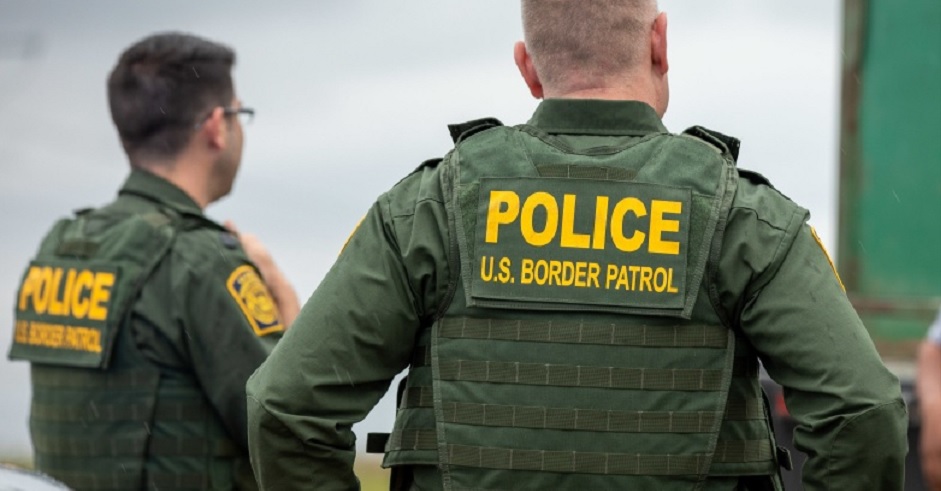The U.S. Border Patrol turned 100 years old on May 28. Its troubled origins and history form the backdrop for contemporary concerns about the agency, including impunity for abuses against migrants and citizens alike. The Border Patrol’s centennial provides an opportunity to shed light on the agency’s lack of accountability and to pursue a vision for border communities that is grounded in dignity and human rights.
The Border Patrol was founded in 1924, as part of the same restrictive immigration legislation enacted widespread national origin quotas for the first time. That law, the Johnson-Reed Act, excluded immigrants from Asian countries almost entirely and limited the number of new immigrants to the populations that were present in the United States at the time of the 1890 census—a tactic to exclude Eastern and Southern European immigrants, grounded in deep anti-Semitism. While the law did not directly restrict immigration from the Western Hemisphere, it included funding for the Border Patrol to control the movement of Mexicans into the United States while accommodating West Texas ranchers’ need for labor.
The U.S. government’s first attempt at federal border control followed the Chinese Exclusion Act. The Mounted Guard of Chinese Inspectors patrolled the northern and southern borders to apprehend any unauthorized Chinese immigrants from entering the United States.
But the Border Patrol’s roots can be traced back further, to the Texas Rangers—the law enforcement agency that perpetuated racist and xenophobic violence to keep enslaved Black people from leaving and to exclude Mexican and indigenous people from entering the country. Many of the earliest Border Patrol agents were former Rangers and the culture of racialized policing of the border remained. Southern Border Communities Coalition (SBCC) has documented the history of Border Patrol’s abuses in the borderlands, including its integral role in “Operation Wetback,” where it engaged in military style raids to violently deport over 1 million workers, including U.S. citizens, to Mexico.
The current Border Patrol is a subagency of U.S. Customs and Border Protection (CBP) and the Department of Homeland Security (DHS), formed as part of the Homeland Security Act of 2002. CBP is the federal government’s largest law enforcement agency. Border Patrol agents and CBP officers have committed a range of civil rights violations—including racial profiling and racially motivated arrests; excessive force; derogatory and coercive interrogation tactics; inhumane detention; and intimidation and harassment of residents at Ports of Entry, permanent checkpoints, and “roving patrols” throughout the United States.
Images of mounted Border Patrol agents on horses chasing, grabbing, and Haitian migrants in Del Rio, Texas, in 2021, evoked painful memories of violent racist policing. In addition, SBCC has catalogued 304 fatal encounters with CBP since 2010. Agents are almost never held accountable for abuses, in part because the Supreme Court has made it exceedingly difficult to sue federal law enforcement officers for damages, including a Border Patrol agent who shot and killed a Mexican teenager across the U.S.-Mexico border and a Border Patrol agent who threw a U.S. citizen inn owner to the ground after entering the inn without a warrant and then retaliated against him for filing a complaint. In both cases, the Supreme Court held that the agents could not be sued for damages—cementing impunity for these constitutional violations.
A new way forward for CBP and Border Patrol will require a commitment to upholding the civil rights of border residents and visitors. The Supreme Court also must affirm that no law enforcement agent is above the law.
FILED UNDER: border patrol, Customs and Border Protection, Department of Homeland Security













